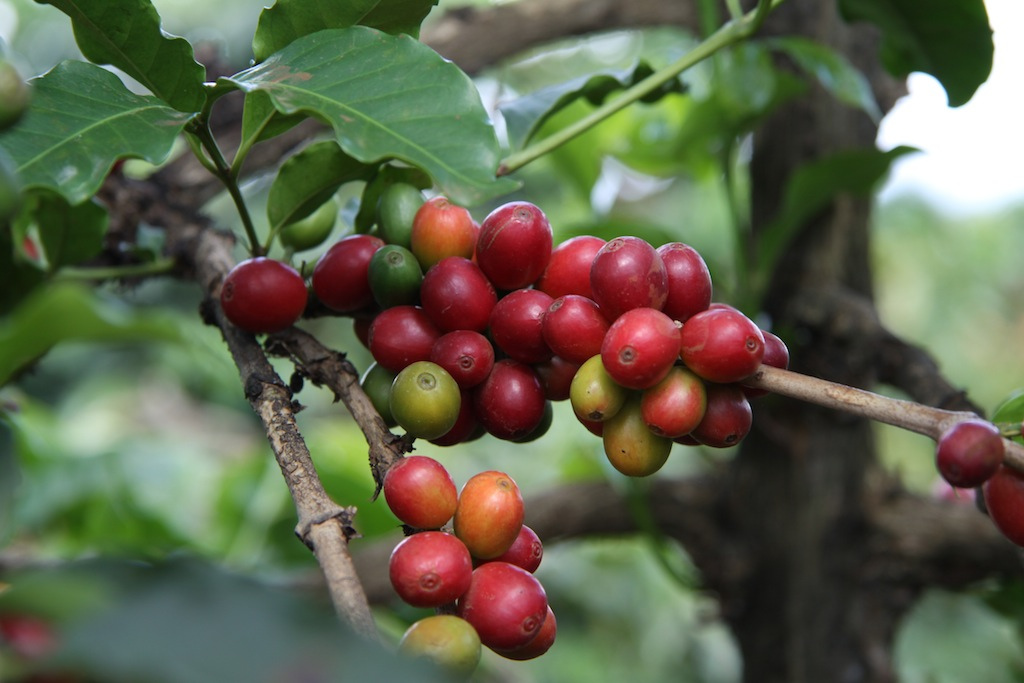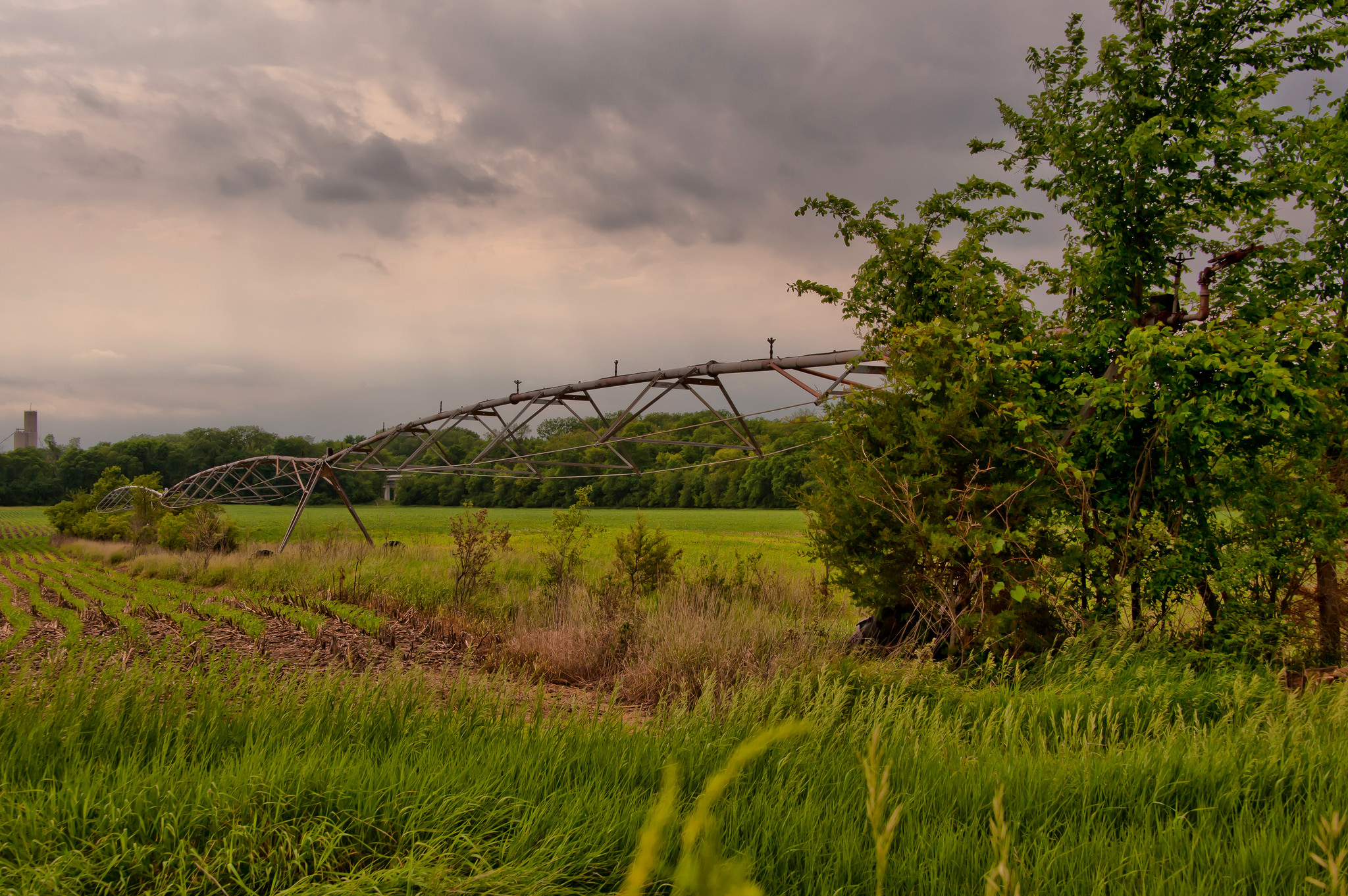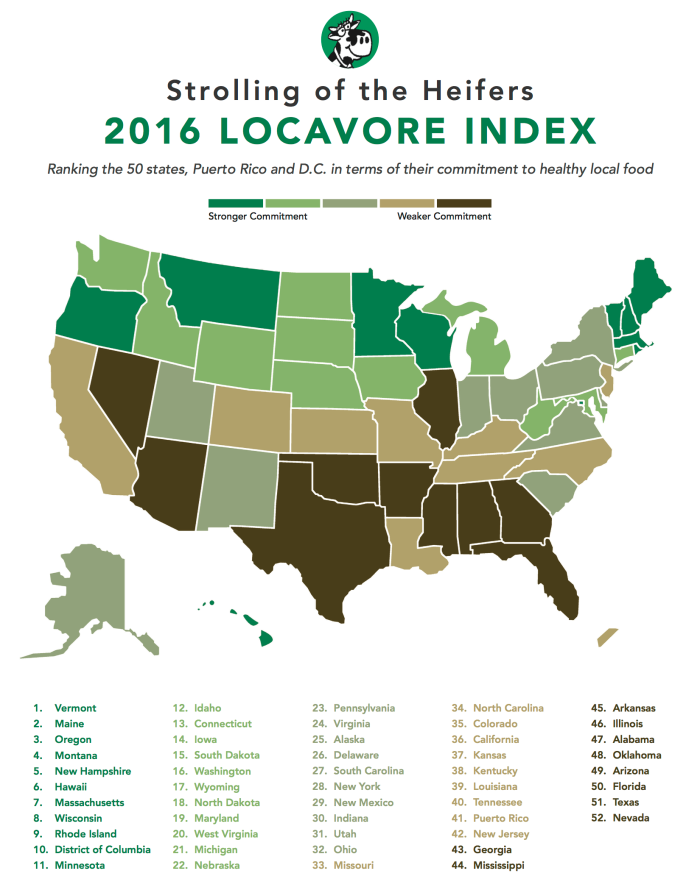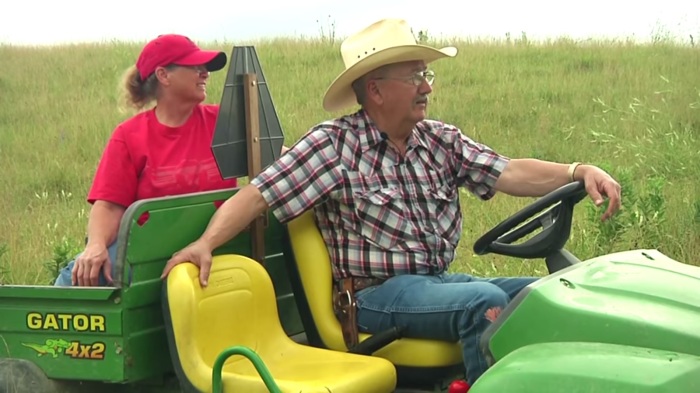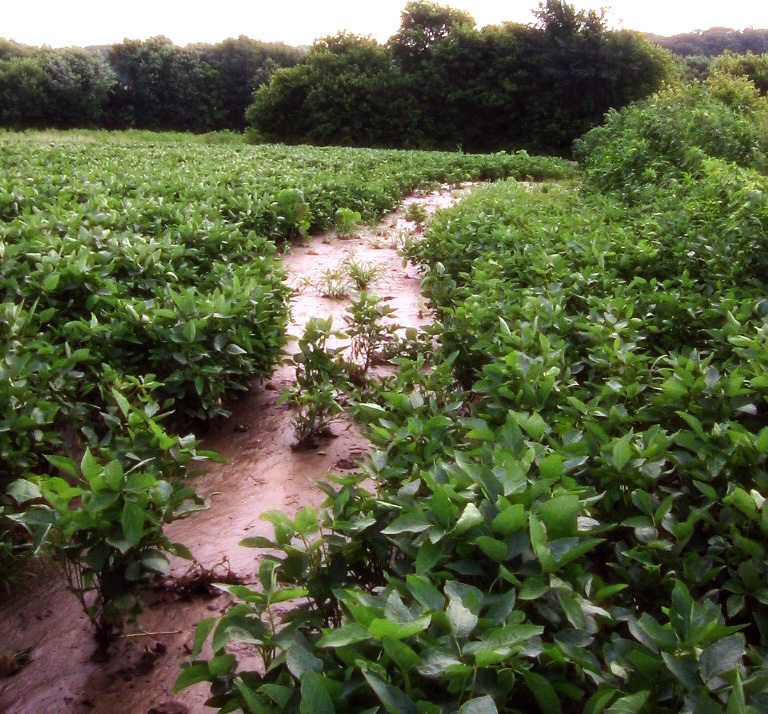
Eleanor Hildebrandt | October 6, 2021
Iowa State University Professor of Natural Resource Ecology and Management Lisa Schulte Moore became the first MacArthur Fellow at the university following because of her sustainable farming research.
Schulte Moore will receive $625,000 from the John D. and Catherine T. MacArthur Foundation to continue her work focusing on sustainable farming, climate change, and water quality. According to The Cedar Rapids Gazette, Schulte Moore has a long history of receiving grants for her research, including a $10 million federal grant she won to research turning biomass and manure into fuel.
Alongside researching sustainable farming and climate change, Schulte Moore focuses on the fields of agriculture, ecology, forestry, and human-landscape interactions. She’s been at ISU for 18 years. With more than 100 scientific and educational articles to her name, Schulte Moore co-founded the Prairies STRIPS project which used science-based trials of rowcrops integrated with prairie strips to further the development in prairie conservation. In a statement released by the university, Schulte Moore said her job is putting together a puzzle that requires her to look “for the missing puzzle piece.”
“I’ve found that sometimes you have to build and paint the puzzle piece yourself, and that’s part of the fun of science,” she said.

